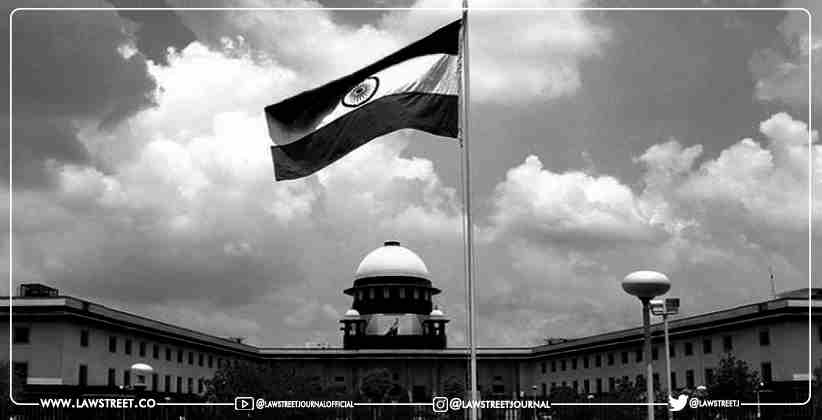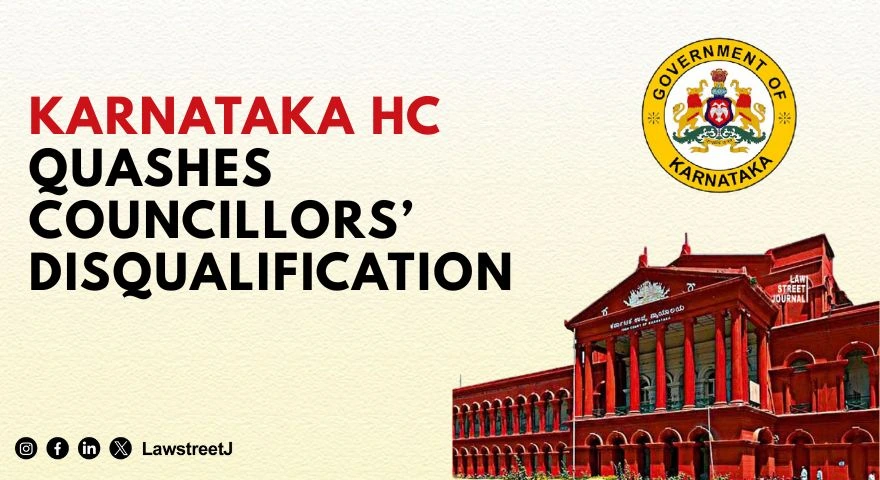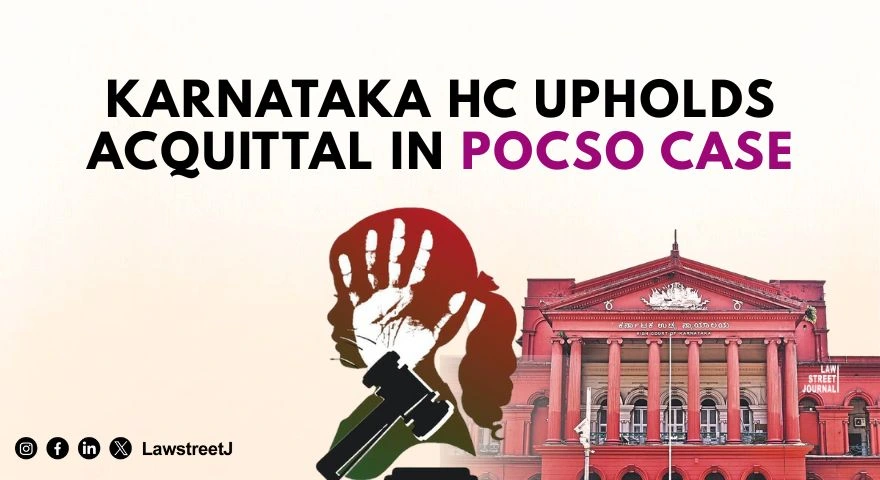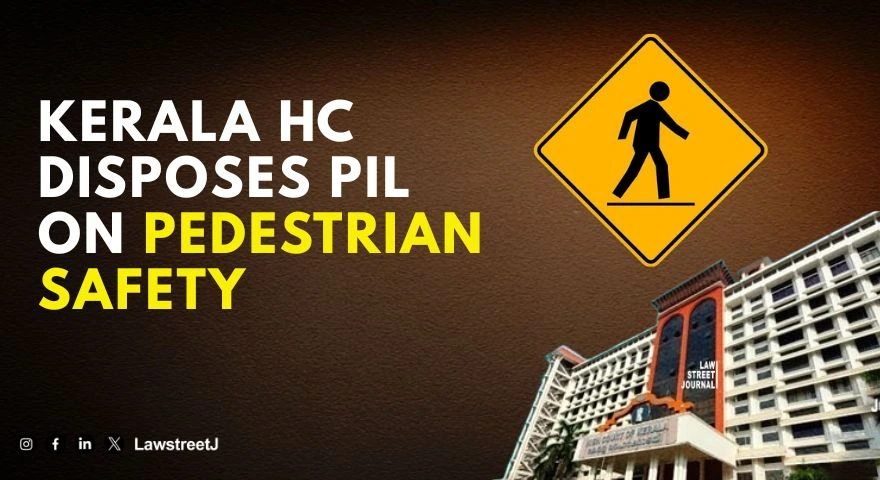A two-judge bench of the Supreme Court replicated the practise of the United States Supreme Court by directing lawyers appearing in a case to limit oral arguments to 30 minutes and legal submissions to three pages.
Inquiring as to which country in the world would allow lawyers to argue a case for hours and days on end, the bench of Justices Sanjay Kishan Kaul and R Subhash Reddy stated that the time has come for lawyers to change their habits.
We would like to know which court in the world allows lawyers to argue for days and hours on end. Even in England, I couldn't find such a practise. The time has come to change the habits, said the bench.
The court's observations came in response to a petition filed by Yatin Narendra Oza, a veteran lawyer from Gujarat who was stripped of the title "senior advocate" after the Gujarat High Court initiated contempt proceedings against him.Oza had made derogatory remarks about the high court judges and was defended before the Supreme Court by senior advocates Arvind Datar and Abhishek Manu Singhvi. Since August 2020, his petition has been pending in the Supreme Court.
The court ordered Datar and Singhvi to take 30 minutes each and complete their submissions in an hour. The Gujarat High Court, the contesting party, was given 45 minutes to complete submissions, while intervention applications filed in the case were given 15 minutes.Even on law submissions and citation of judgments, the bench instructed lawyers on both sides to file a three-page synopsis on law citing one best judgement on the point.
In imposing this discipline on lawyers, the bench stated, "We frequently find a 30-page synopsis filed for a 28-page writ petition." Lawyers must understand that in this type of hearing, how can we justify to a litigant whose appeal has been pending for ten years that certain matters are given priority and are heard for hours on end?
Both Datar and Singhvi agreed to adhere to the time constraints on the next hearing date, September 1, 2021.
Datar pointed out that a similar system exists in the United States Supreme Court, where lawyers are given 25 minutes to argue a case and five minutes to respond to the other side's arguments. He was referring to Rule 28 of the United States Supreme Court Rules on Oral Argument, which states, "Unless the Court directs otherwise, each side is allowed one-half hour for the argument."
The change envisioned by the Supreme Court bench was also reflected in a recent judgement written by Justice Kaul. In that case, Justice Kaul, who presided over a three-judge panel, referred to Article 6 of the European Convention on Human Rights, which recognized the right to a fair trial and a public hearing within a "reasonable time."
According to the July 8, 2021, ruling, "delay in judicial proceedings has been the bane of our country, and there cannot be a refusal to part ways with old practises, especially when they have outlived their purpose... Instead of limiting oral arguments, the court has become a competition to see who can argue the longest.
As of July 2, 2021, the Supreme Court had 69,212 pending cases, 447 of which were Constitution bench cases. This fact was noted by Justice Kaul in his decision, which stated, The time spent on routine matters leaves little time to settle legal principles pending before larger Benches that may have an impact on the judicial system down the line.
The daily list of cases in Justice Kaul's court is also unique in that it includes a special instruction for lawyers that states, "Parties to get ready with a short synopsis of not more than three pages each in the final hearing/disposal matters."








